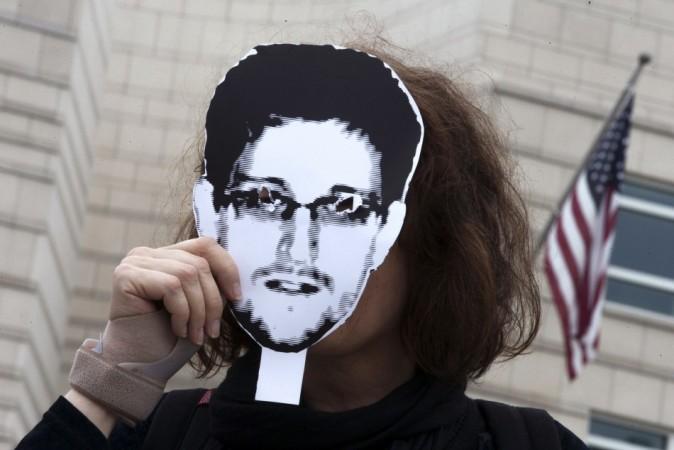
The divide among top US officials over granting amnesty to whistleblower Edward Snowden has once again highlighted the crack that is fast appearing even among the US security executives. With hardliners such as director of the National Security Agency (NSA) General Keith Alexander reflecting the stubbornness of a government that considers people such as Snowden 'hostage takers', only a strong people's movement can ensure right to privacy is safeguarded.
The CBS interview with Rick Legget, the man in-charge of the Snowden Leak Task Force and the NSA Director, is important in the context of understanding the increasing gap in the high-ranks of the US intelligence agencies, which since 9/11 has been thriving on the fears of the American people.
The security agencies, which have been literally feeding from information collected from millions of Americans and other nationals, defended themselves once again by projecting the fears of the 9/11. In his statement before the Senate, the NSA Director justified the spying program and said - "We can't go back to a pre-9/11 moment."
However, the revelations of Legget - whose job is now to ensure such leaks never happen - that ' it is worth having a conversation about' making a deal with Edward Snowden brings forth that there is an increasing divide even among those in the intelligence agencies. While Legget clarified that it was his personal view and not something that was felt 'unanimously,' it does leave out a small section that does want to strike a deal with 'Snowden.'
The former American NSA contractor Snowden took asylum in Russia back in June, after leaking details to the media of extensive internet and phone surveillance by American intelligence agencies. The revelations by Snowden were so massive that besides creating an uproar in the US, the scale of surveillance capabilities also led to a widespread concern in Europe and among several other counties, over the UK and US security services' ability to gather online communications.
While the American government and its spy agencies have been reluctant to accept Snowden as a whistleblower, several countries including Russia has aided the former American contractor. The US government while continuing on its endeavour to itself has gone to the extend of breaching the clause of Article 8 (Right to Privacy) and also negated the Article 10 (Right to Freedom of Expression) of the Human Rights Act.
The US government, which stands guilty of denying its own people their rights, has left no measure to turn Snowden into a 'traitor'; to the extent that the Obama's government's ties with the Putin government in Russia were severely tested and continue to be strained.
Traitor or Whistleblower, the case of Snowden has not only brought out the increasing government intrusion banking on the 'paranoia' of its people. The mandates and rules which are quickly curbing the rights of individuals even in the online stream have raised much 'angry retorts', and that is why there is a pressing need for a widespread debate over the Rights of not just the Americans but the citizens of others countries, who are being denied their individual Right to Privacy.

















